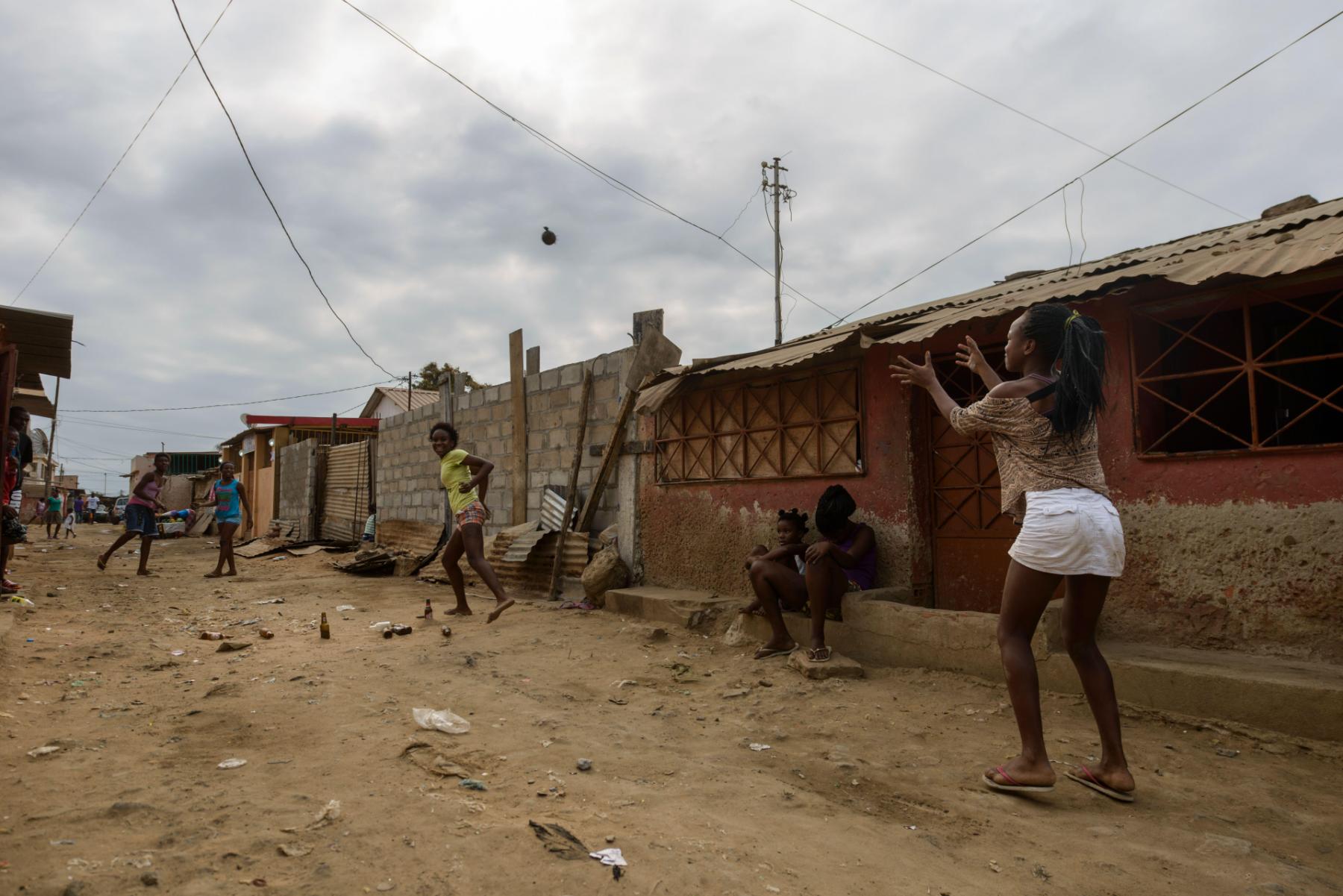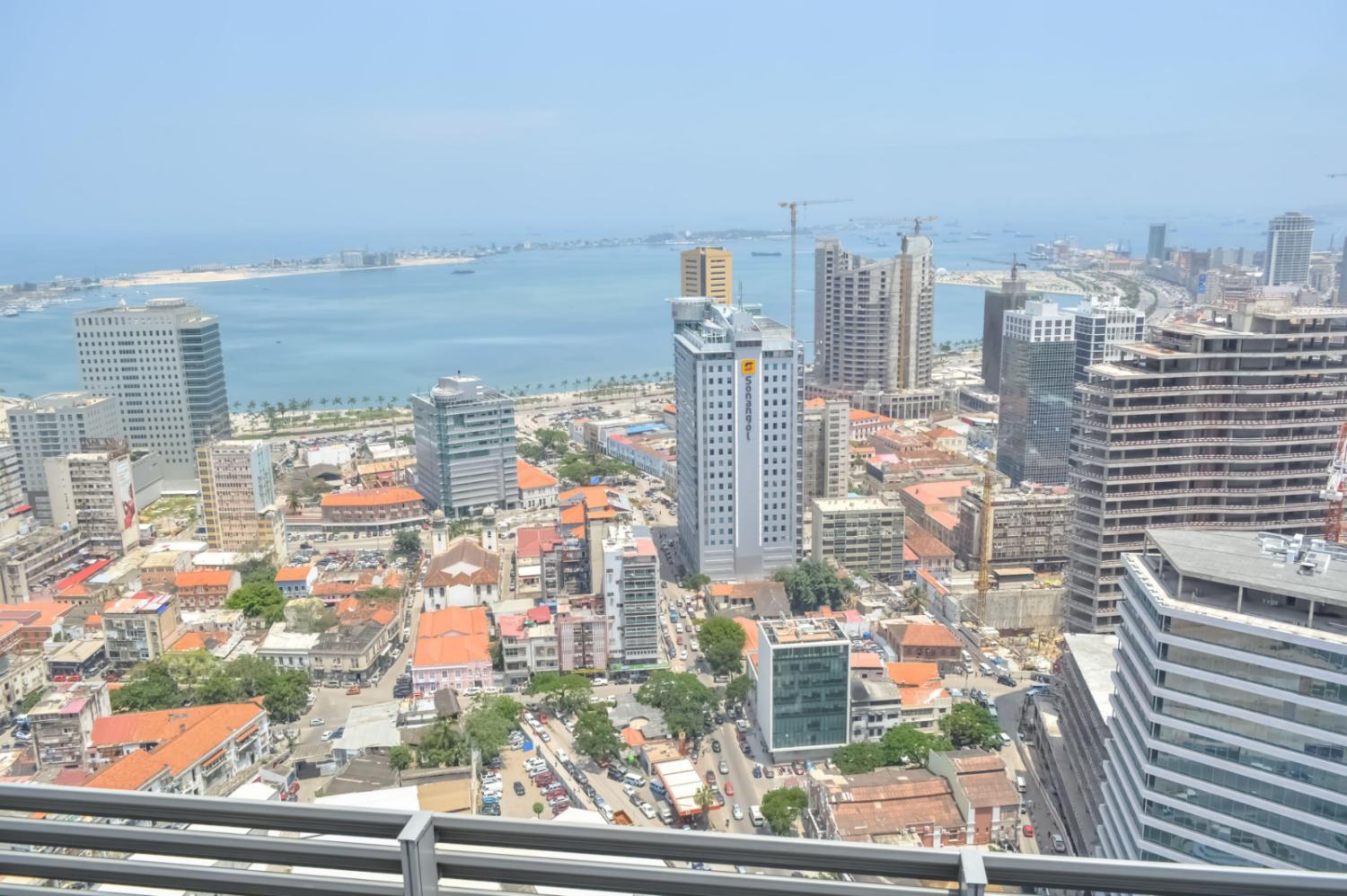A group of Angolan government officials and senior bank executives funnelled hundreds of millions of dollars out of the country with little oversight, creating their own private banking network through which they sent the money to Portugal and elsewhere in the European Union, an OCCRP investigation has found.
The network sent at least $324 million through its banks, with most of the funds originating in Angola. In addition, $257 million was found to be held by European companies closely affiliated with these officials.
The scheme was documented in 2016 by Portuguese regulators in two audit reports, which have not previously been made public. In the reports, the banks the group established and used were described as having violated dozens of Portuguese banking regulations. The audit findings, in which the group’s millions were flagged as highly suspicious, were brought to the attention of Portuguese and European Union officials, but the secretive financial network still functions today.
“Portugal’s leadership wasn’t sensitive to the long term damage that laundering this money would do to the country,” said Ana Gomes, a former Portuguese member of the European Parliament.
Aside from hurting Portugal’s reputation, the network continues to corrupt the country, she added.
Gomes said in an interview that its operation required a “spreading web of corruption and tax evasion engineered by many Portuguese lawyers, bankers, accountants, consultants, business people, civil servants, and politicians.”
The ongoing scheme has had even more dire implications for Angola.
Nearly half the southern African nation’s population lives in poverty. Some of the money that disappeared into the network could have been spent on infrastructure, education, or health clinics.

Two men who worked closely with former Angolan President José Eduardo dos Santos, who left office in 2017 under a shroud of corruption allegations, appeared to be the system’s architects: former Vice President Manuel Vicente and his business partner Leopoldino Fragoso do Nascimento, better known as Dino. A retired general and ex-head of presidential communications, Dino is one of Angola’s richest people.
Dino and the Angolan presidency did not respond to a request for comment. Vicente could not be reached for comment.
More than a dozen influential officials and their family members have used the system. For example, companies allegedly associated with Isabel dos Santos, the daughter of the former president, received millions.
Much of the elite group’s wealth has been tied to Sonangol, Angola’s state oil company and the source of at least 75 percent of the country’s public revenues.
“Under Vicente, Sonangol went from being a fairly-focused oil company to becoming a constellation of more than 70 joint ventures and subsidiaries operating on four continents, really a maze of interests based on oil but massively extending beyond the oil sector,” said Ricardo Soares de Oliveira, a professor of African politics at the University of Oxford and an expert on Angola’s banking sector.
Money was also skimmed from other public sources, including reportedly more than $150 million in loans from Angola’s central bank that were never repaid.

The money pipeline started in Angola, where political connections allowed the elites to escape the scrutiny of regulators. The group exerted control over some of the country’s largest lenders, including Banco Africano de Investimentos (BAI), Banco de Negocios Internacional (BNI), and Banco Privado Atlantico (BPA).
The Angolan elites then extended the pipeline by setting up foreign branches of BNI and BPA, and effectively becoming both shareholders and clients of these banks. This allowed them to transfer vast sums of money through a private banking network with little scrutiny.
The foreign branches — two in Portugal and one in Cape Verde — did not implement standard anti-money laundering and terrorist financing controls and failed to carry out any due diligence on clients tagged as suspicious by international regulators. The banks had very few other customers, often making little money or even operating at a loss, suggesting that profitability was not their primary purpose.
Many details about the network are found in the two audit reports by the Bank of Portugal, the country’s central bank. To uncover the vast Angolan-European pipeline, reporters also combed through internal correspondence, confidential documents from investigators that were not included in the audit reports, and public sources such as corporate data. Reporters did not have access to the banks’ client lists, so it was not possible to determine the exact amounts sent or received by specific individuals.
But the fact that Angolan elites were able to send hundreds of millions through their network – and that it continues to operate despite the damning Portuguese audits – raises serious questions about the ability, or willingness, of Portugal and the EU to stop illicit financial flows. The European Central Bank did not respond to requests for comment.
Following the publication of the Luanda Leaks investigation by the International Consortium of Investigative Journalists, which exposed massive corruption by Isabel dos Santos and her associates, regulators are paying renewed attention to Angolan elites in Portugal. Dos Santos has denied the allegations.

